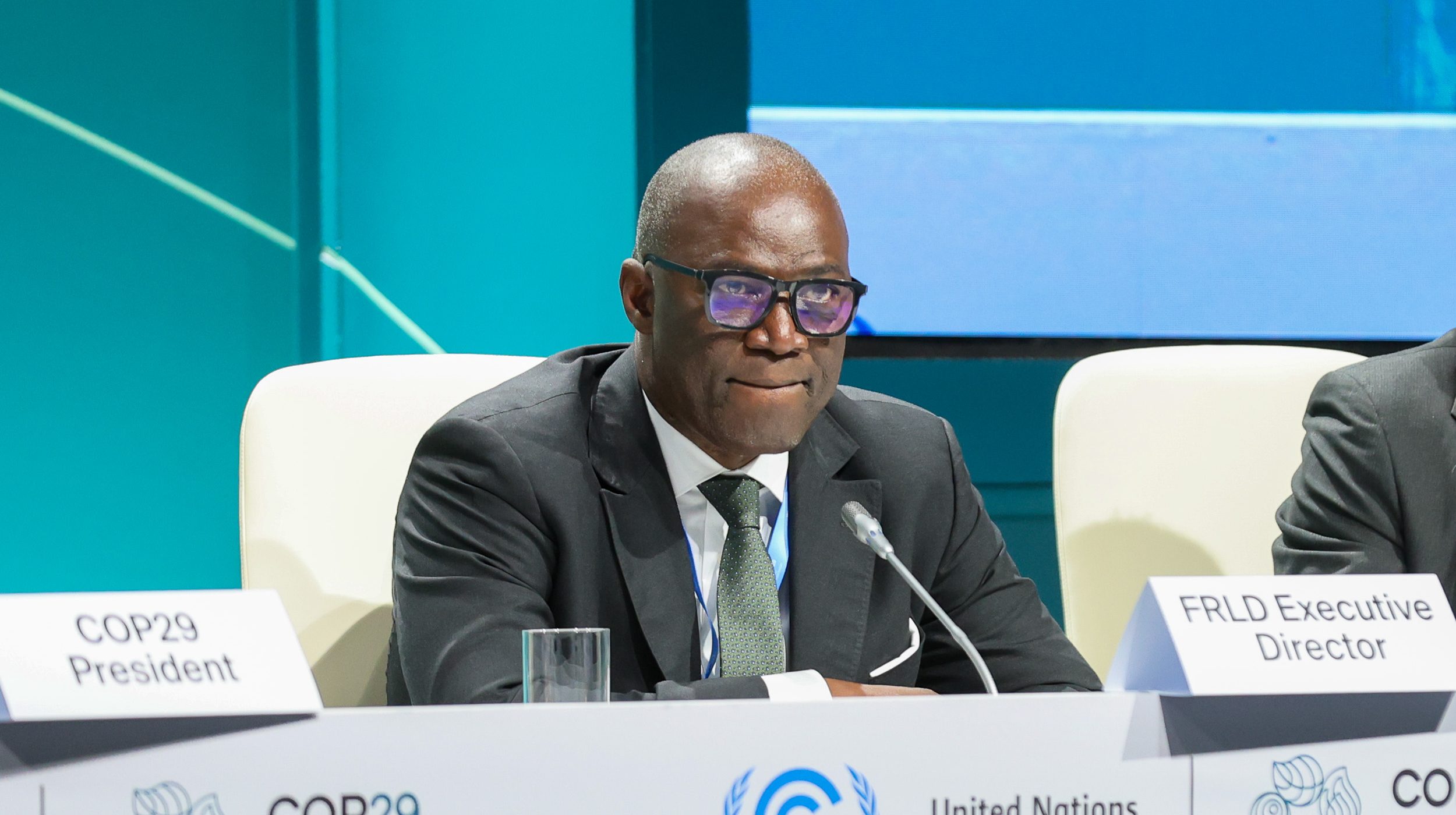Spending on consultants, business-class plane tickets and a deputy executive director was questioned at the fund’s latest board meeting
With just $69 million in the bank account of the fledgling loss and damage fund so far, its new executive director was urged to keep running costs as low as possible at his first board meeting this month.
Board members from 26 governments around the world questioned the fund’s current and planned spending on consultants, business-class plane tickets and the need to have a deputy executive director, at the four-day meeting in the Philippines.
Harjeet Singh, a climate activist who was at the meeting, told Climate Home the fund’s secretariat “must exercise the utmost caution and prudence in utilising resources intended for vulnerable communities recovering from climate impacts. It bears a profound responsibility to make decisions judiciously, particularly concerning its size and travel expenditures.”
Climate survivors’ fund
Governments agreed to set up the fund, which aims to help people whose lives have been shattered by extreme weather and rising seas fuelled by climate change, at the COP27 climate summit in Sharm el-Sheikh in Egypt, after three decades of advocacy led by island nations.
Negotiators on the fund’s board – 12 from developed and 14 from developing nations – have spent the two years since then discussing the details of how the fund will work and, in September, they chose Senegalese-American banker Ibrahima Cheikh Diong to be its first executive director.
Senegalese banker Ibrahima Cheikh Diong picked to lead new loss and damage fund
At his first meeting with the board last week in Manila, Diong laid out his plan to get the organisation up and running so that it can start giving out money by the end of 2025.
The plan involves extensive use of external consultants – but some board members pushed back against the costs involved. Diong presented a budget that set aside nearly $0.7m to pay consultants in the first six months of 2025, out of a total budget of $4.3m.
Sudanese board member Sumaya Zakieldeen said the organisation – whose full name is the Fund for Responding to Loss and Damage (FRLD) – should move towards getting in-house staff to do as much of the work as possible, as fast as possible next year.
She said she found the prospect of waiting until 2026 to get most of the staff hired “a little bit scary” because it would mean using external advisers and consultants in the interim – “and we know the cost implications of that”.
Fiji’s Daniel Lund, however, said he supported the use of short-term consultants so that the fund can stay on track. “We don’t see any other way to deliver that substance in the time-frames that we put in place,” he said.
World Bank raises $100 billion for poor nations in boost for climate finance
Business-class controversy
A further $0.6m will be spent on staff travel in the first half of 2025. As the fund is hosted by the World Bank, it has taken on the bank’s human resources policy, including its travel policy which allows staff to go business class if the flight is over five hours.
Denmark’s Jens Fugl said the $0.6m was “substantial”, adding that “travel should be on a need-to basis” and “not everyone from the secretariat needs to be at all board meetings, because that would really be a significant cost that we should try to avoid”.
Diong replied that he wanted to develop a “bottom-up approach” by engaging with a range of groups around the world and “you can’t do that from Washington DC”, where the fund is based at the World Bank’s headquarters.
He added that travel was necessary to persuade governments to give more money to the fund. But, he promised, “we will be extremely sensitive in making sure that we don’t over-travel”.

COP 29 Presidency signing ceremony, “From Pledges to Action: Full Operationalization of the Fund for Responding to Loss and Damage”, in Baku, Azerbaijan, November 12, 2024. (Photo: IISD/ENB | Mike Muzurakis)
The board members are not employed by the fund, which means they are not bound by the World Bank’s rules and can set their own travel policy. The board decided that developed-country governments will pay for their own representatives to travel to meetings while the fund will pay for developing-country board members, their alternate member and one adviser each.
They decided to copy the policy of the Uni
Read More

